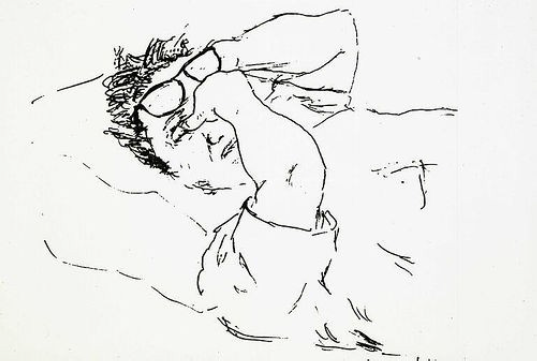Eleventh Hour
K.D. Hayes
Uncle Walt died this morning. Finally.
I say “finally” because I believed this day would come four months ago, when he had emergency bypass surgery.
At the time, I didn’t believe Walt would live; he was an ailing, seventy-seven-year-old man with severe pulmonary disease. When his heart started to hurt one Friday, his doctors told him, “With bypass surgery, you might live. Without it, you’ll be dead before the weekend is over.”
Walt’s oldest daughter and my parents, who were with him, told me about the doctors’ recommendations.
As a retired paramedic, I’d seen this scenario before–often enough to have a strong opinion, and my own advance directives.






